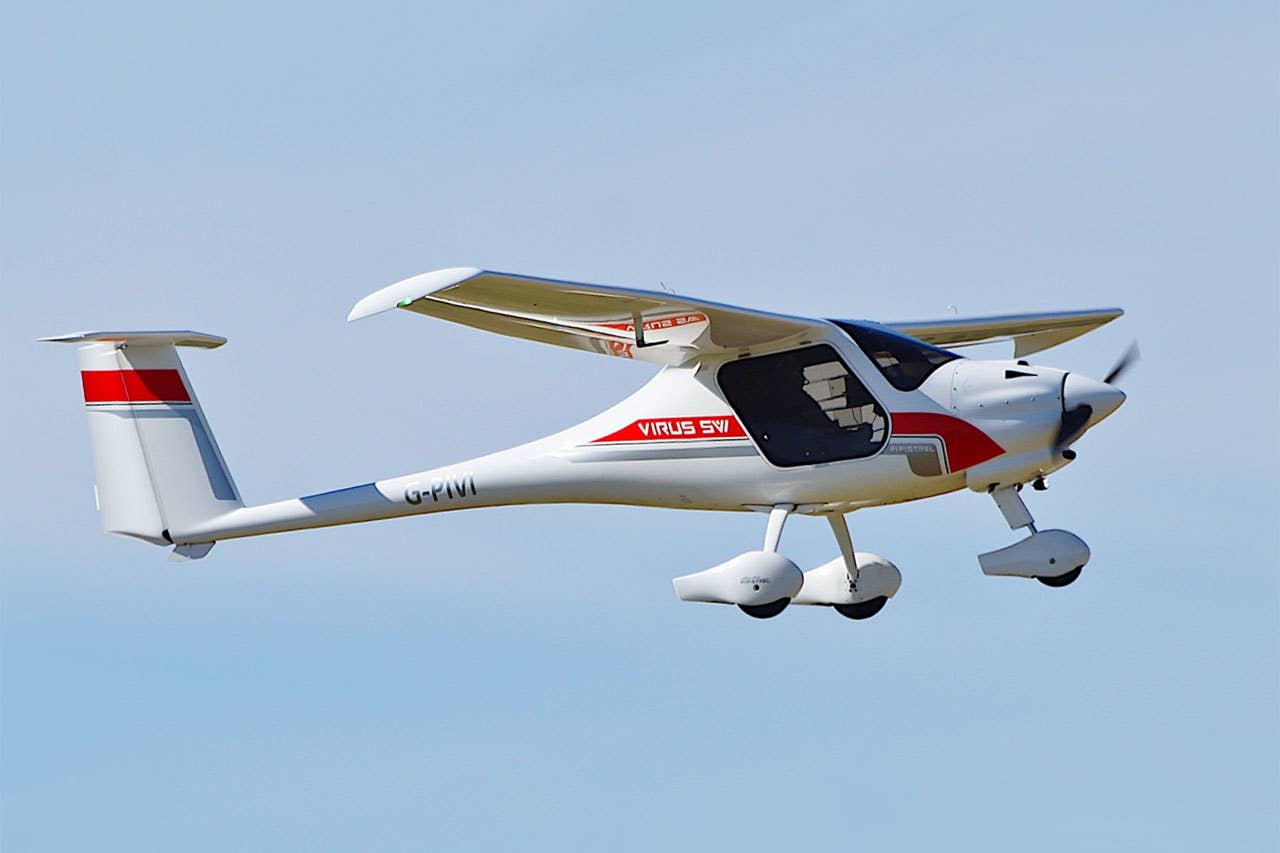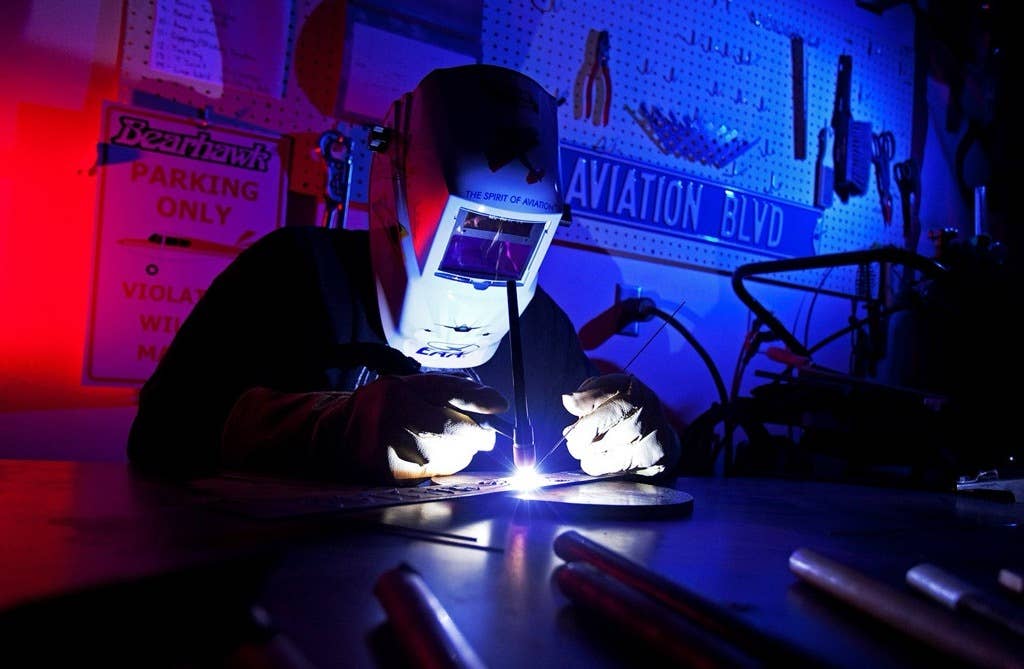And Just Like That, Pipistrel is a Textron Property
The acquisition sets into motion all kinds of changes for both brands

Photo By Mike Burdett, CC BY-SA 2.0, via Wikimedia Commons.
With a snap of the fingers---and about $236 million in cold, hard cash---Textron, Inc. has closed the acquisition of Slovenian aircraft maker Pipistrel, which Textron describes as "an award-winning pioneer and global leader in electrically powered aircraft."
It remains to be seen just what the acquisition will mean to Textron Aviation in terms of programs and new models, though it is widely believed that the company plans to introduce an electric trainer model based on the all-electric Pipistrel Velis Electro, which is certified in Europe.
Pipistrel's founder, Ivo Boscarol, 65, has proven himself a bold, innovative and resourceful designer and marketer, moving forward since he began selling ultralights to Italian customers in the 1980s. Pipistrel's roots include a brand name derived from the word "bat" in local dialect, because Boscarol tested aircraft after sunset to avoid attention; operating private aircraft of any kind was illegal. Perhaps the best quote from his career? "My philosophy is simple: Set the goals too high, or you are dead."
Textron, the largest general aviation airplane maker, is the market leader in numbers of jets and turboprops sold, but the 99-year-old company has an undeniably mixed record on innovating in the piston GA front. Failures are always part of an aggressively innovative approach to R&D, but Cessna, now a part of Textron and sibling company to Beechcraft, has had a number of conspicuous stumbles in recent decades.
These include the failed launch of a replacement piston-single lineup, dubbed the Next Generation Piston, based on a composite airframe that appeared briefly and disappeared just a quickly, as well as its failed attempts to deliver on both diesel- and electric-powered versions of its popular gas-piston singles, to its colossal failure with the design and execution of its two-seat LSA Model 162 Skycatcher.
The company's attempt to compete with high-performance piston-single market leader Cirrus Aircraft was a failure, as well. After buying the assets of bankrupt Columbia Aircraft, Cessna suffered numerous failures in producing and selling its adopted Columbia 400 composite four-seater, which it renamed on numerous occasions. The company dropped the plane, by then called the TTx, in 2018 after five years of slow sales and production issues.
Textron has agreed to retain Boscarol as a strategy and planning consultant for two years, after which the buyout of his 10% stake will be complete.

Subscribe to Our Newsletter
Get the latest Plane & Pilot Magazine stories delivered directly to your inbox






